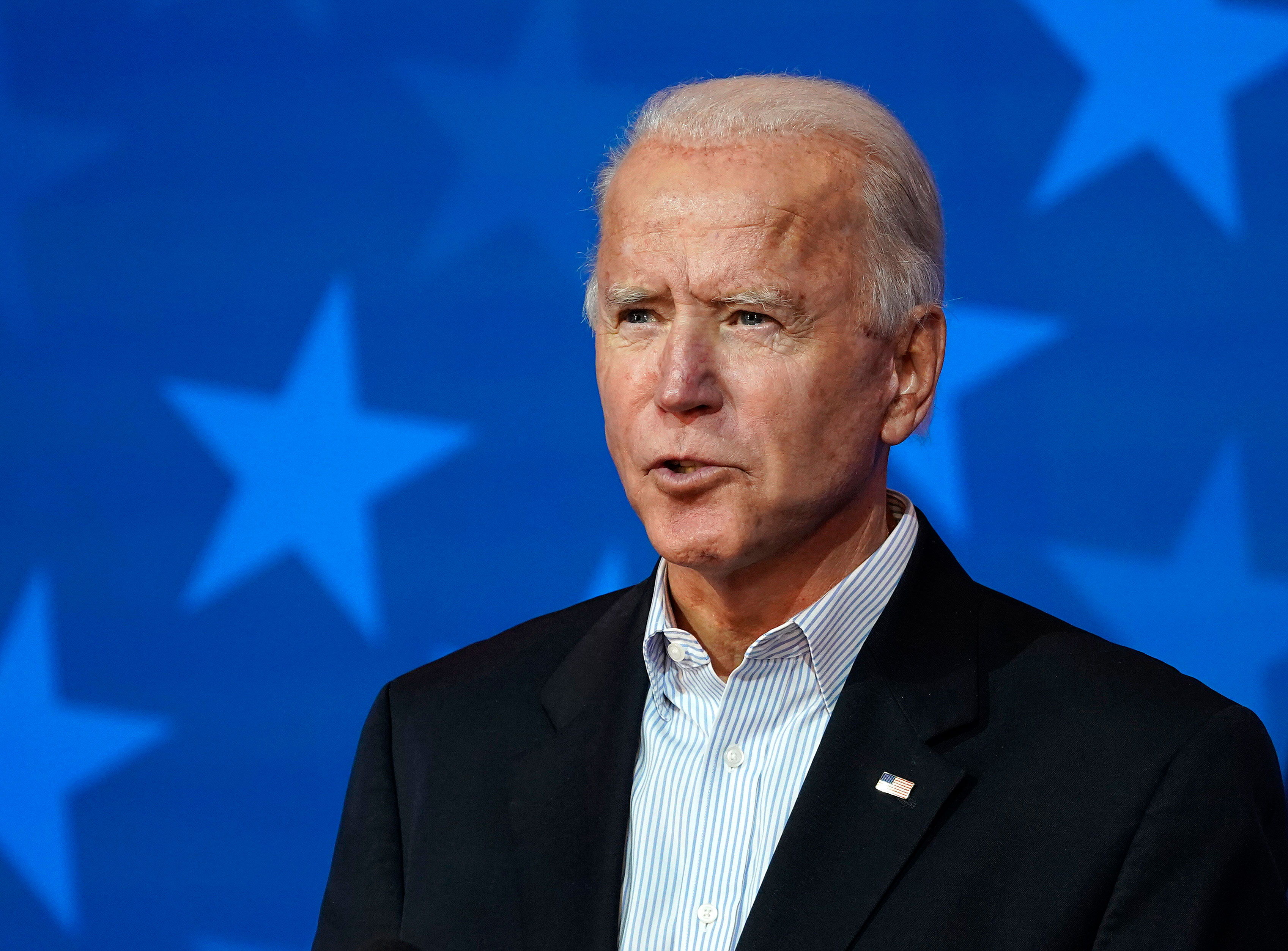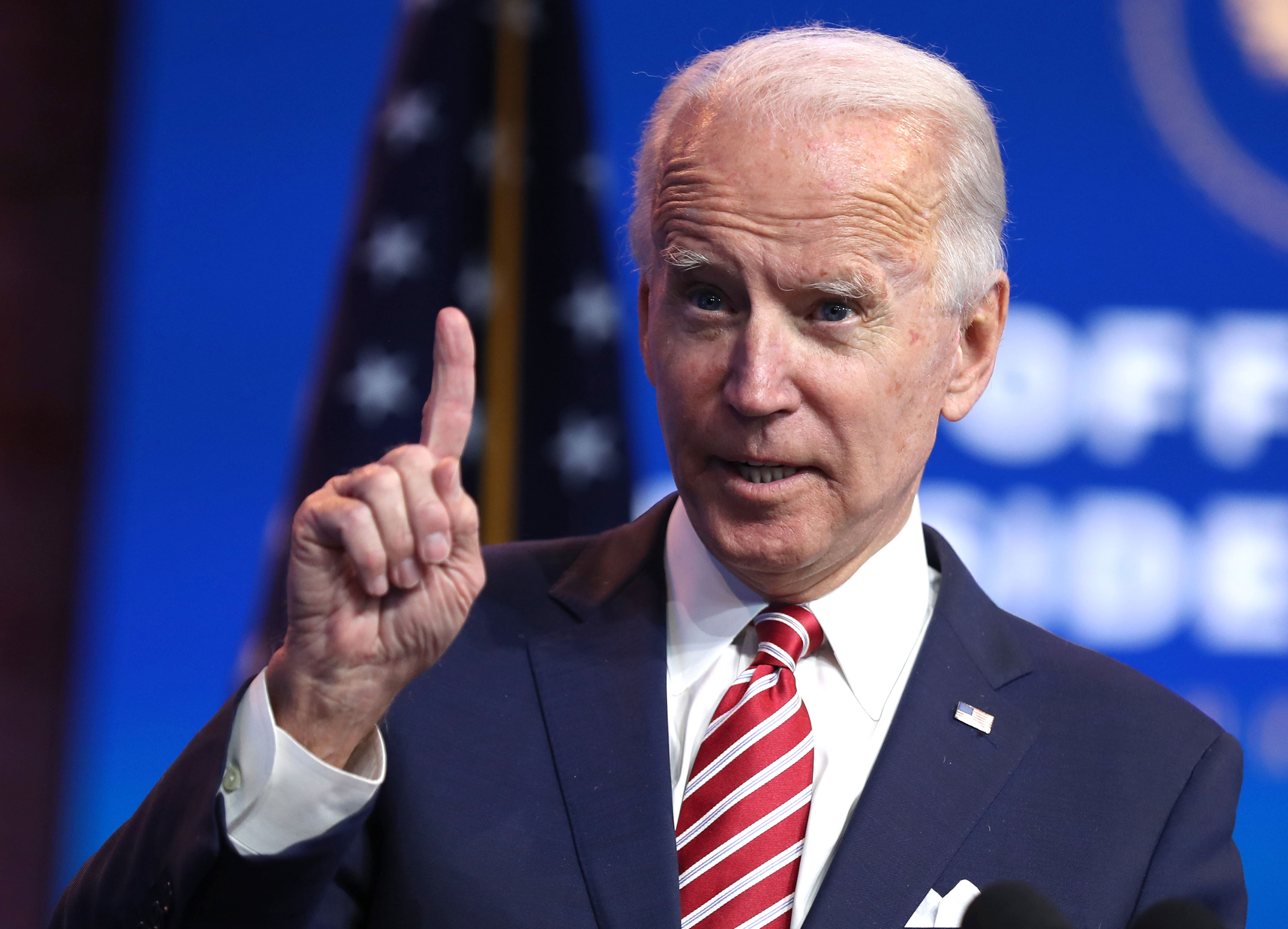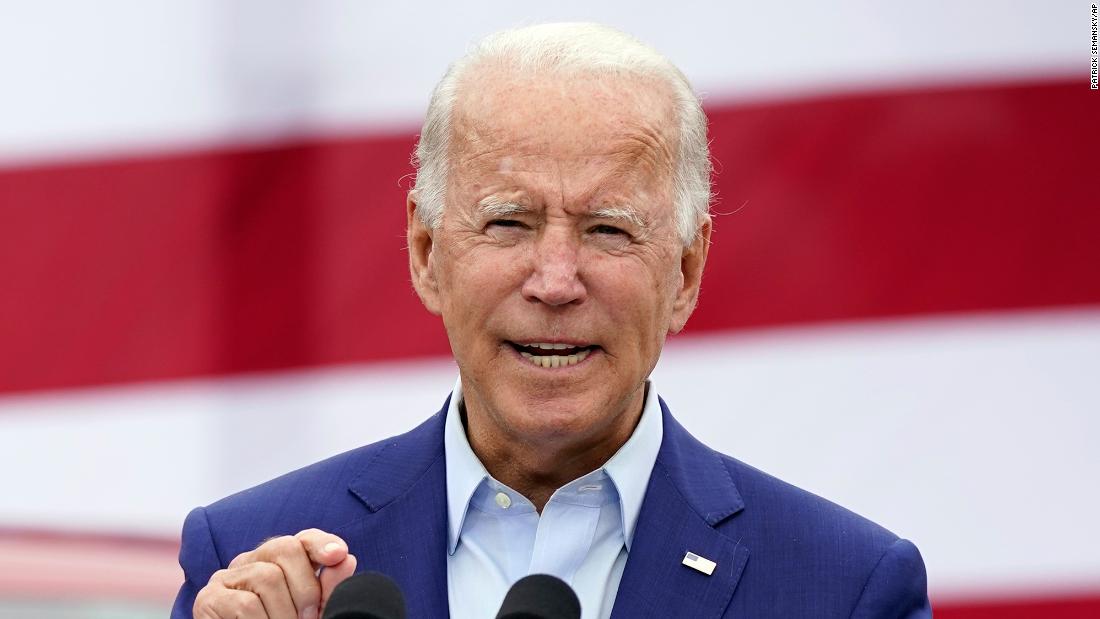When informal phrases like "biden farting" start to circulate, it often points to a wider public curiosity about a leader's health and how they appear in public. This isn't just about a silly phrase, you know, but more about how people pick up on little things and wonder what they mean for bigger questions. It's almost as if these small, seemingly trivial moments can spark much larger conversations, especially when it comes to someone as prominent as a president. People are naturally curious, and they often try to connect dots, even if the dots seem far apart at first glance.
So, you might be asking, why does something like this even become a talking point? Well, it ties into the ongoing public discussion about President Biden's physical and mental well-being, which has, in some respects, been a topic of interest for a while now. There have been various reports and comments that, you know, make people think and ask questions. This article will explore some of those discussions, using information that has been put out there for public consideration, and connect it to how perceptions of a leader's health can truly shape the public's view.
Actually, the way these informal terms spread really shows how quickly information, or even just speculation, can travel in our modern world. It highlights a certain kind of public appetite for details, especially when official channels might seem, in a way, less than completely open. We'll look at some specific instances and questions that have come up, painting a picture of the conversations happening around the President's health and the broader implications for leadership and transparency. It's quite a fascinating area, really.
Table of Contents
- President Joe Biden: A Brief Overview
- The Hur Report and Cognitive Questions
- Health Concerns and Public Statements
- Media Coverage and Transparency
- White House Staff and Decision-Making
- Allegations of Cover-Ups and Misdirection
- The Doctor's Role and Public Trust
- FAQs About President Biden's Health
- What It All Means for Public Perception
President Joe Biden: A Brief Overview
Joseph Robinette Biden Jr., as you might know, is the 46th President of the United States. He took office in January 2021. Before becoming president, he served as the 47th Vice President under President Barack Obama from 2009 to 2017. He also spent a very long time, actually, as a U.S. Senator representing Delaware, starting way back in 1973. His career in public service has been quite extensive, spanning many decades in Washington. He's been involved in politics for a truly significant portion of his life, which, you know, gives him a lot of experience.
His journey to the presidency was, in a way, marked by several attempts before his successful 2020 campaign. He ran for president in 1988 and again in 2008, but didn't secure the nomination then. In 2020, his campaign strategy, particularly during the early stages of the pandemic, saw him remain, apparently, somewhat sheltered in his Delaware basement. This approach, as a matter of fact, allowed his campaign to be run by surrogates while he remained largely out of the direct public eye, which was a bit unusual for a presidential candidate.
Personal Details and Bio Data
Here are some personal details about President Biden, just for your information:
| Detail | Information |
|---|---|
| Full Name | Joseph Robinette Biden Jr. |
| Date of Birth | November 20, 1942 |
| Place of Birth | Scranton, Pennsylvania, U.S. |
| Current Age | 81 (as of late 2023) |
| Spouse | Jill Biden |
| Children | Beau Biden (deceased), Hunter Biden, Ashley Biden |
| Political Party | Democratic |
| Education | University of Delaware (B.A.), Syracuse University College of Law (J.D.) |
| Previous Roles | U.S. Senator from Delaware, Vice President of the United States |
The Hur Report and Cognitive Questions
The release of the Hur report and related tapes really brought a lot of questions about President Biden's mental capacity into the public conversation. The interesting question is whether Biden's final pardons can be challenged due to a president who was non compos mentis. This idea, you know, suggests a very serious legal and constitutional issue if a president's mental state were truly compromised during official acts. All the prosecutor would have to do is replay the Hur tapes, which apparently paint a picture that raised concerns for some observers.
With the Biden/Hur tapes released, the question is, who was running the country? It is obvious everyone around him knew the situation. This suggests a perception, at least among some, that Biden's mental capacity was severely compromised. Such a perception, if widespread, could really shake public trust in the executive branch. The tapes, in some respects, seemed to highlight moments that led people to wonder about his cognitive sharpness, which is a big deal for a world leader.
People were, you know, left to wonder if the President was truly in a fit state to make critical decisions. The report and the tapes, in a way, added fuel to ongoing discussions about his fitness for office. It's a bit like, if someone is making very important choices, you want to be sure they are fully there, right? This whole situation, you know, made many people think more deeply about the daily operations of the White House and who was actually guiding policy.
Health Concerns and Public Statements
President Biden's health has been a recurring topic of discussion, and some of his own statements have, apparently, added to the curiosity. For instance, Biden stated back in 2022 he had cancer. Yet, the media and White House quickly spun it as skin cancer. This quick clarification, you know, raised eyebrows for some who felt it was a bit too fast to dismiss other possibilities. It's a bit like, why the immediate pivot if there wasn't something more to clarify?
Many medical professionals are stating the kind of prostate cancer Biden has and its implications. This suggests that there might be more to the story than what was initially presented, or at least, that medical experts outside the White House were discussing different angles. The question of whether it was covered up for politics, or if not one living organism in the universe knew Joe Biden had prostate issues before May 12th, 2025, also came up. This specific date, obviously, makes it sound a bit dramatic, but it reflects a deep suspicion about transparency regarding his health issues.
These sorts of discussions about a leader's health are, you know, very common, but when there are perceived inconsistencies, they can really get people talking. The public, quite naturally, wants clear and straightforward information, especially about the health of the person leading the country. Any perceived lack of clarity can, in some respects, lead to more speculation and, you know, a bit of distrust, which is never good for public confidence.
Media Coverage and Transparency
The role of the media in covering President Biden's health and mental state has also been a point of contention for some. Jake Tapper says the Biden White House intimidated journalists into covering up Biden's mental and physical decline. This is a pretty serious claim, suggesting that news organizations might have faced pressure to present a certain narrative. If true, it would, you know, really undermine the idea of a free and independent press, which is quite important.
Occasionally, Biden ventured into public, but these interactions were tightly controlled. This observation suggests a pattern of limiting unscripted moments, which can sometimes fuel suspicions among the public. When a leader's public appearances are very carefully managed, people sometimes wonder what is being, you know, kept from view. It's a bit like, if everything is so perfect, why the tight leash?
There have even been some very unusual claims floating around, like Donald Trump shares baseless conspiracy that Biden was 'executed in 2020' Trump shared a truth social post claiming that the former president had been replaced with robotic. This kind of claim, while obviously outlandish and completely without foundation, shows the extreme lengths to which some narratives about his health and presence have gone. It highlights the very real challenge of distinguishing fact from pure fiction in today's information environment, and how, you know, wildly different ideas can gain some traction.
White House Staff and Decision-Making
The actions and statements of White House staff have also been scrutinized, especially concerning President Biden's capacity to govern. A former aide to President Joe Biden said White House staff felt justified doing undemocratic things in order to stop Donald Trump. This admission, if accurate, raises profound questions about the ethical boundaries and motivations within the administration. It's a pretty startling statement, you know, to hear that kind of justification for actions that might be seen as undemocratic.
There are also questions about who was truly making decisions. Top Biden aide admits to Congress she directed autopen signatures without knowing who gave final approval the House Oversight Committee questioned former Biden aide Neera. This particular detail is quite significant, as it suggests a chain of command where even senior staff might not have known the ultimate source of approval for important documents. It makes you wonder, you know, about the precise process for official actions and how decisions were really getting made at the very top.
These kinds of revelations, in a way, contribute to a broader narrative about the inner workings of the White House and the extent to which the President himself was, you know, fully engaged in all aspects of governance. It's a topic that really sparks a lot of discussion among those interested in how power is exercised behind the scenes. People often want to know that the person in charge is, you know, truly in charge.
Allegations of Cover-Ups and Misdirection
The idea of information being managed or even hidden has been a persistent theme in discussions about President Biden's health. For example, Joe Biden, then Vice President, secretly flew his son to treatments under a false name and at times instructed aides to mislead the press about his own whereabouts. This account suggests a pattern of deliberate concealment regarding personal and family matters, which some might argue extends to his own health. It makes you wonder, you know, about the lengths to which information was controlled.
The question of whether Biden's prostate issues were covered up for political reasons is, in a way, a significant one. The idea that such a personal health matter could be, you know, deliberately hidden for political gain points to a deep level of distrust among some observers. It suggests a belief that transparency might have been sacrificed for strategic purposes, which is a pretty serious charge to consider.
These allegations of misdirection, whether concerning personal travel or health conditions, contribute to a broader sense of a lack of complete openness. When people feel that information is being withheld or spun, it can, you know, erode trust in official statements. It's a bit like, if you're not getting the full picture, you start to question what else might be, you know, not entirely clear.
The Doctor's Role and Public Trust
The role of the President's physician, Dr. Kevin O'Connor, has also come under scrutiny, particularly regarding the transparency of Biden's health status. If Biden was in perfect cognitive health from a medical perspective, why wouldn't the doctor answer questions? This question points to a perceived reluctance to provide full details, which can lead to speculation. It's a very straightforward question, you know, that many people would ask.
In a deposition normally meant to last two or three hours, Biden's physician, Dr. Kevin O'Connor, spent 30 minutes pleading the fifth to several key questions about Biden's fitness. Pleading the fifth, as you might know, is a legal right to refuse to answer questions that might incriminate oneself. For a presidential doctor to do this in a deposition about the President's fitness is, you know, highly unusual and raises a lot of flags for observers. It certainly doesn't help with transparency, does it?
The doctor knew Biden was a potato. Was it the doctor's duty to notify? This informal and rather blunt phrasing reflects a strong belief among some that the physician had knowledge of significant cognitive decline and perhaps a duty to disclose it. The second question, ‘did you ever believe President Biden was unfit to execute his duty?’ Comer stated to reporters, according to Fox News. This question, directed at the doctor, gets right to the heart of the matter of fitness for office. The silence or refusal to answer such direct questions can, in some respects, be quite telling for those seeking clarity.
FAQs About President Biden's Health
Here are some common questions people ask about President Biden's health, based on public discussions and the points raised:
Is there official confirmation of President Biden's prostate cancer?
President Biden stated in 2022 that he had cancer, which the White House and media quickly clarified as skin cancer. However, some medical professionals have, apparently, discussed the type of prostate cancer Biden has, leading to questions about the full extent of public disclosure. Official White House medical reports typically describe his health in broad terms, but the specifics of certain conditions have, you know, been a point of discussion for some outside observers.
What did the Hur report say about President Biden's cognitive abilities?
The Hur report, along with released tapes, prompted significant public discussion about President Biden's mental capacity. While the report did not find grounds for criminal charges, it did describe him as an "elderly man with a poor memory." This description, as a matter of fact, fueled existing concerns and led to questions about who was truly running the country, with some suggesting his mental capacity was, you know, severely compromised.
Have White House staff admitted to misleading the public about President Biden's health?
There have been allegations and admissions that touch upon this. A former aide to President Biden said White House staff felt justified doing undemocratic things to stop Donald Trump, which some interpret as a willingness to control narratives. Additionally, there are claims that aides were instructed to mislead the press about Biden's whereabouts, and Jake Tapper has, you know, suggested White House intimidation of journalists regarding coverage of Biden's decline. These instances, in a way, contribute to a perception of managed information rather than full transparency.
What It All Means for Public Perception
The informal phrase "biden farting," crude as it might be, serves as a kind of shorthand for a wider range of public observations and concerns about the President's physical and mental state. It's not about the literal act, you know, but more about the broader perception of gaffes, perceived frailties, or moments that seem to indicate a lack of full control. These seemingly minor incidents, when amplified through social media and public discussion, can really shape how people view a leader's overall fitness for office.
The various questions raised about President Biden's health, the Hur report's findings, the doctor's deposition, and the alleged actions of White House staff all contribute to a complex picture. Whether it's about the kind of prostate cancer Biden has, or the use of autopen signatures without clear approval, these details feed into a narrative where some people feel that complete transparency is, you know, lacking. This can, in some respects, lead to a decline in public trust, which is a serious issue for any administration.
Ultimately, the ongoing discussion about President Biden's health and cognitive abilities, including the more informal ways people talk about it, highlights a fundamental desire for clarity and honesty from public figures. People want to feel confident that their leaders are fully capable and that the information they receive is, you know, complete and accurate. It's a continuous conversation that really matters for how the public understands and judges its leadership. Learn more about presidential health on our site, and link to this page about the Hur report for further reading.



